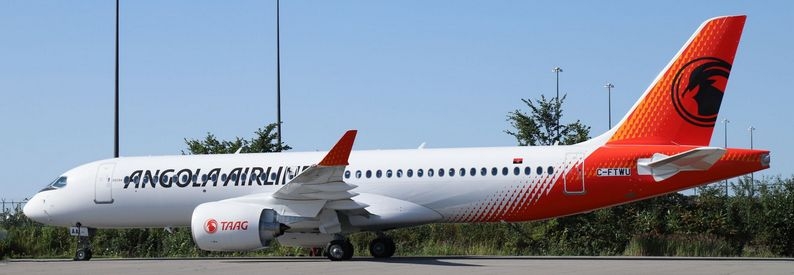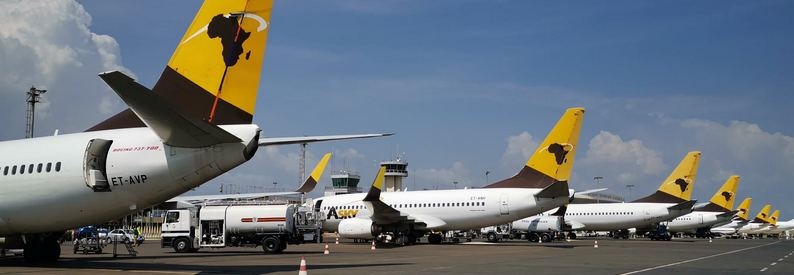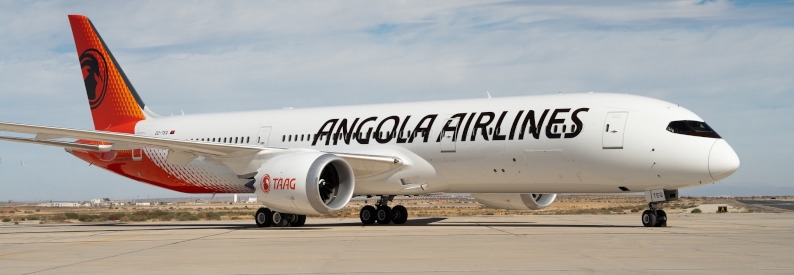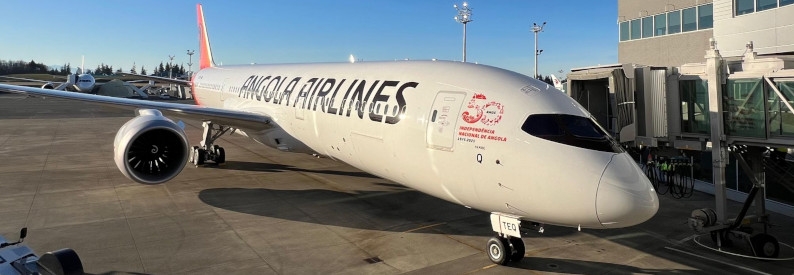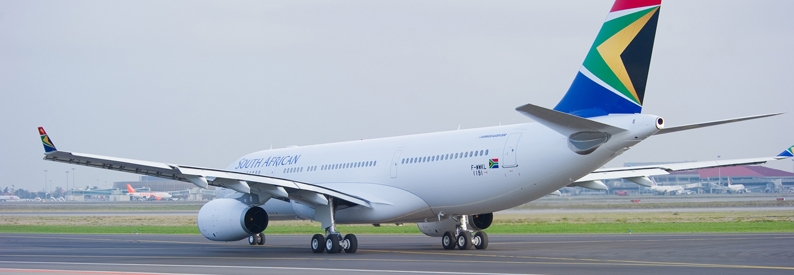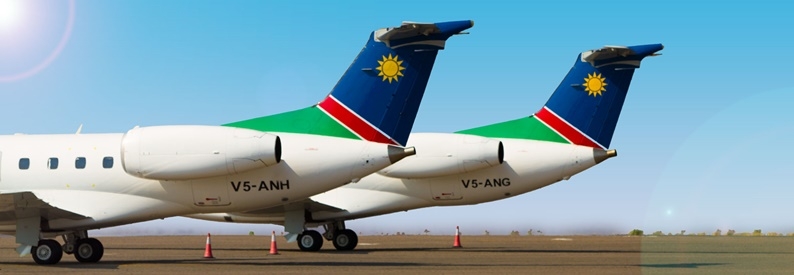TAAG Angola Airlines (DT, Luanda 4 De Fevereiro) has advised it has postponed the planned transfer of all of its international flights from Luanda 4 De Fevereiro to the new Luanda Dr António Agostinho Neto (AIAAN), initially scheduled for September 15, 2025.
The state-owned carrier said the delay was due to "the ongoing optimisation of operational conditions for the transfer." The airport, opened nearly two years ago, has suffered delays in the certification of ground handling and other key services.
The airline said in a statement that it will announce a revised date once it is agreed with transport authorities and other stakeholders.
In June 2025, TAAG had informed all stakeholders that the full transition of its international flights to the new airport would take place on September 15, following an executive decree to this effect issued by Angolan President João Lourenço. This would have included TAAG's flights to Lisbon, São Paulo Guarulhos, Johannesburg O.R. Tambo, Cape Town International, Lagos, Windhoek International, Maputo, and São Tome.
The airline started transferring its commercial passenger flights to AIAAN in November 2024, and it already serves domestic as well as regional flights to Kinshasa N'Djili and Brazzaville from there.
The new airport officially opened in November 2023 and operations began gradually with cargo flights in December 2023, domestic passenger flights in February 2024, and the first regional passenger flights in November 2024.
It was built by a Chinese enterprise at an estimated cost of USD3.8 billion. Located about 40 kilometres southeast of Luanda, the airport features two parallel runways and is designed to handle 15 million passengers annually and 130,000 metric tons of cargo, with future expansion plans to accommodate up to 65 million passengers per year.
The Angolan government aims to position the new airport as a major regional hub to stimulate economic growth via increased trade and tourism in a country that faces challenges such as inflation, fiscal pressures, dependency on oil, and social needs for inclusive growth and poverty reduction.
- Type
- Base
- Aircraft
- Destinations
- Routes
- Daily Flights

